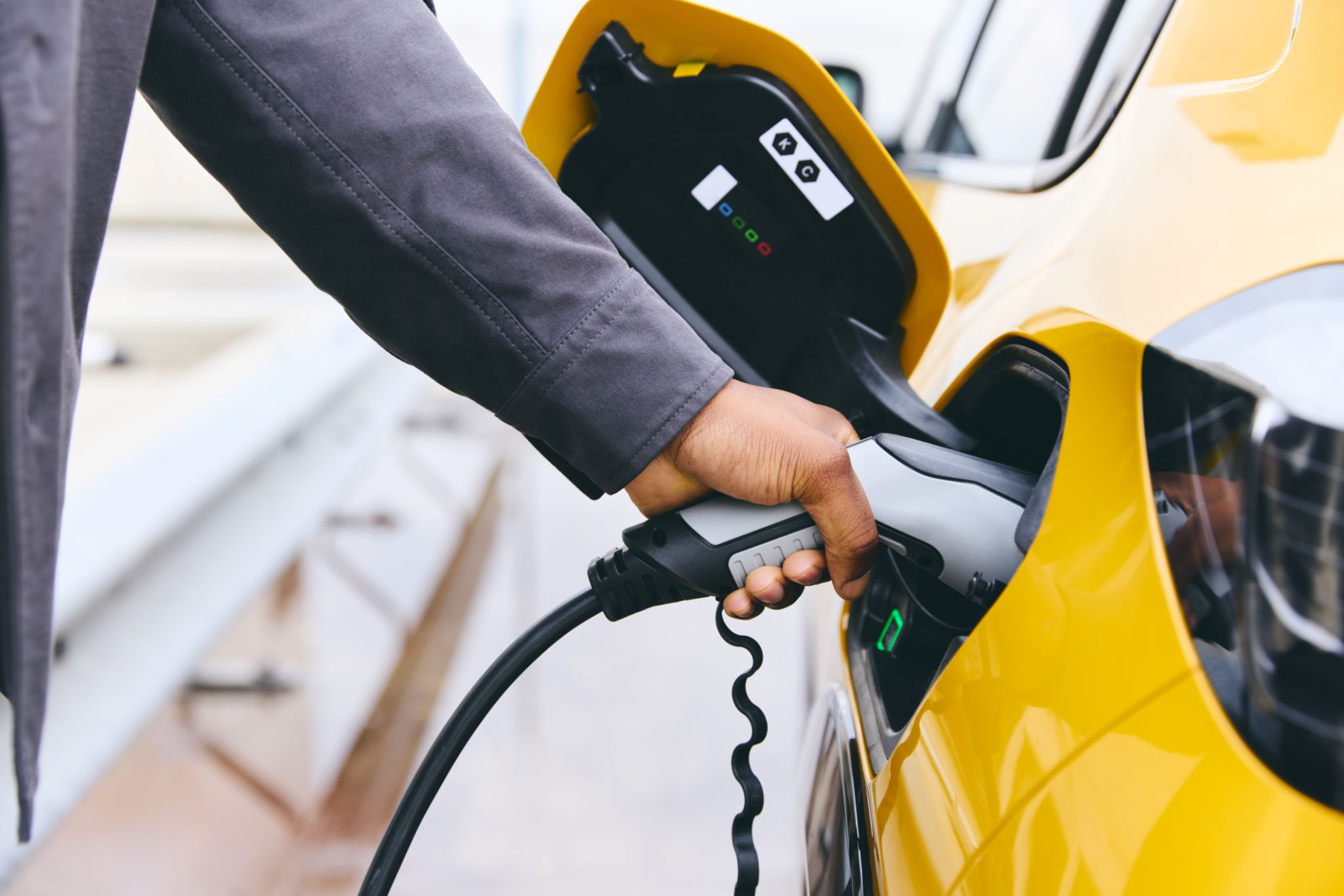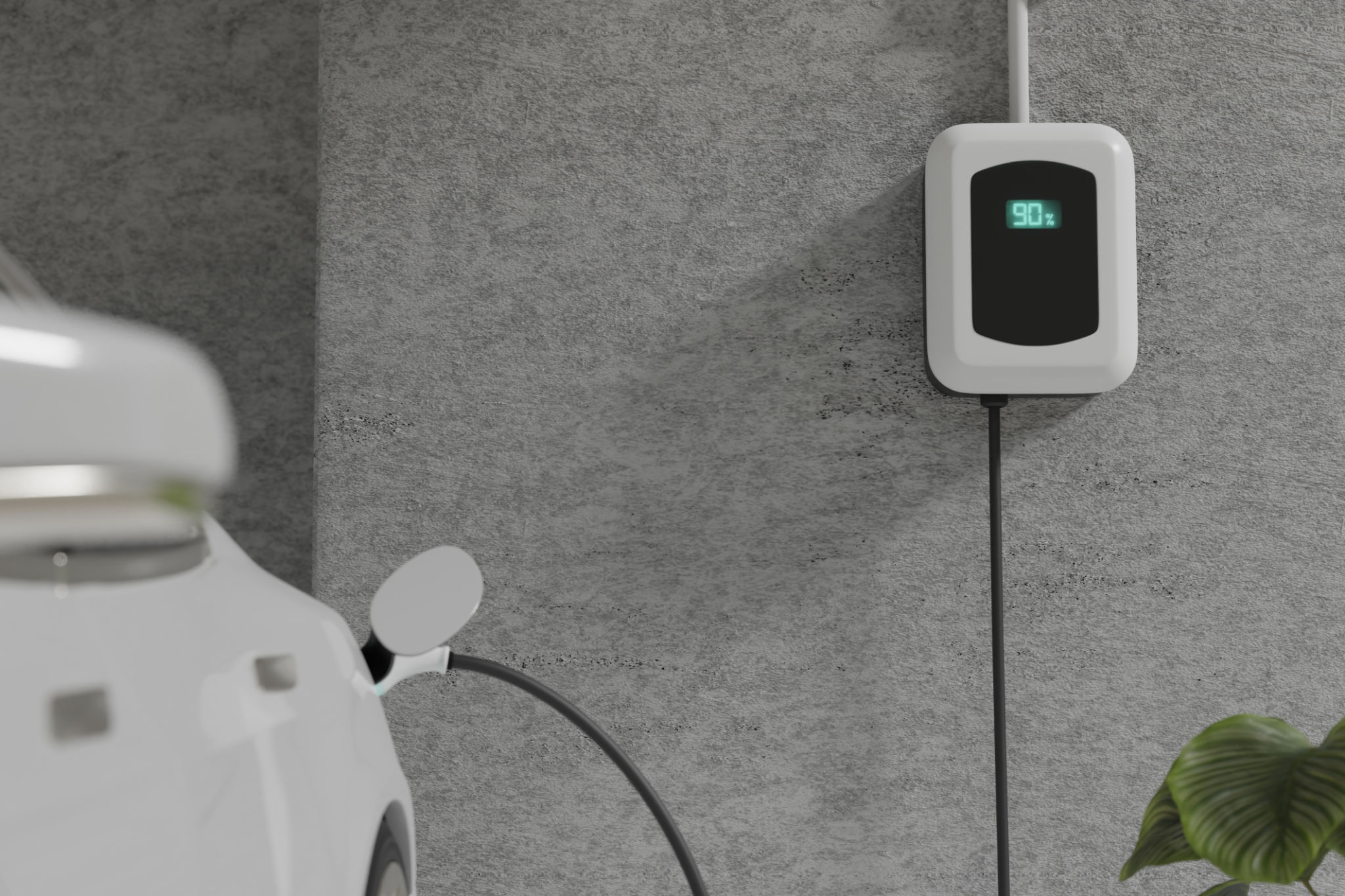Comparing EV Chargers: Finding the Best Fit for Your Needs
Understanding Your Needs
As the popularity of electric vehicles (EVs) continues to rise, so does the need for efficient and reliable EV chargers. Choosing the right charger can be a daunting task, given the numerous options available on the market. Understanding your specific needs is the first step in finding the best fit for your lifestyle.
Consider factors such as your daily driving distance, access to charging stations, and whether you'll be charging at home, work, or on the go. These considerations will help you determine the type of EV charger that aligns with your requirements.

Types of EV Chargers
Level 1 Chargers
Level 1 chargers are the most basic type of EV charger and usually come with your vehicle. They plug into a standard 120-volt outlet and provide a charging rate of about 4 to 5 miles of range per hour. These chargers are ideal for those who have limited daily mileage and can leave their vehicle plugged in overnight.
Level 2 Chargers
Level 2 chargers are more powerful and require a 240-volt outlet, similar to what is used for large home appliances. They can charge your EV at a rate of 10 to 60 miles of range per hour, making them suitable for most home installations and public charging stations. If you need faster charging at home, a Level 2 charger might be the right choice.

DC Fast Chargers
DC Fast Chargers are designed for rapid charging, often found at public charging stations along highways. They provide a significant amount of charge in a short period, typically adding 60 to 80 miles of range in just 20 minutes. However, these chargers are more expensive to install and may not be necessary for daily use unless you frequently travel long distances.
Key Considerations for Choosing an EV Charger
When selecting an EV charger, consider the following key factors:
- Charging Speed: Determine how quickly you need your vehicle to charge based on your daily routine.
- Installation Cost: Consider the cost of installing a charger at home, especially if upgrading to a Level 2 charger.
- Compatibility: Ensure the charger is compatible with your specific EV model.

Additionally, think about whether you might need smart features such as Wi-Fi connectivity or smartphone app integration for monitoring and controlling your charger remotely.
The Role of Public Charging Infrastructure
Public charging infrastructure plays a critical role in supporting EV adoption. While home charging is convenient for many, having access to reliable public chargers is essential for longer trips and those without home charging options.
Look for charging networks with widespread coverage and competitive pricing. Some networks offer membership plans that can reduce the cost per charge and provide additional benefits.
Conclusion: Making the Right Choice
Selecting the right EV charger involves understanding your driving habits, evaluating your home setup, and considering future needs. Whether you opt for a Level 1, Level 2, or DC Fast Charger, ensuring it fits seamlessly into your lifestyle will enhance your EV ownership experience.
By taking the time to assess these factors, you can make an informed decision that keeps your electric vehicle powered efficiently and conveniently.